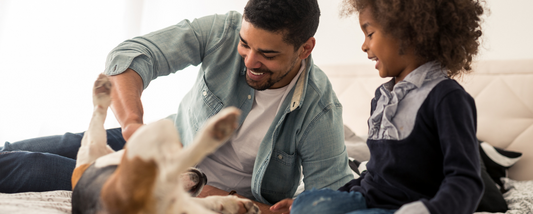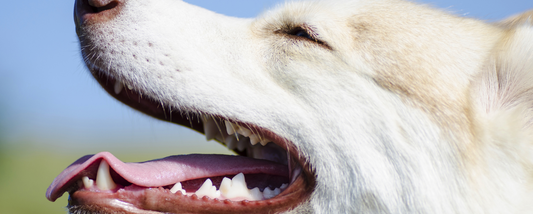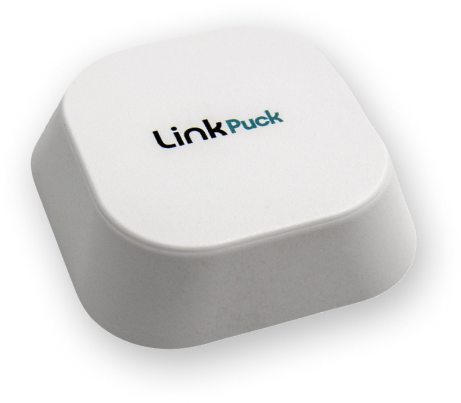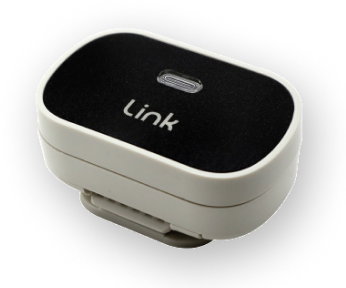You take good care of your dog, feeding them well and making sure they get proper exercise. But lately, your dog seems to be gaining weight. Is my dog still healthy? Is my dog overweight? Here are some signs that your dog is out of shape, and what you can do about it.
Your Dog's Look and Feel
First, look at your dog from all angles. From the side, he should be wider at the chest and thinner at his stomach. From above, his waist should have an hourglass shape. If his stomach is more prominent, or his shape is more of a straight line, he's likely gaining weight and might be approaching or beginning to exceed his ideal weight.
Next, feel around your dog's abdomen. The abdomen should be tucked upward from the chest and you should be able to feel his ribs. If all you feel is flesh or fatty deposits, he's overweight. If you can actually see his ribs, then he's likely underweight (with some breed exceptions).
Your Dog's Stamina
How much activity does your dog get in a day? Your dog's breed will heavily influence the specific recommendations for daily activity, and certain breed characteristics will influence whether your pup calls for shorter, easier walks or more intense running and playtime. Generally, if you find that he doesn't have the energy to stay active for as long as he used to, check his weight. Carrying around extra pounds takes more energy, and will often wear your dog out more quickly, reducing the time he's able to stay active exercising or playing.
Over time, the problem can advance beyond simply losing energy. The more weight your dog gains, the more difficult physical activity will be. If he spends most of the day sleeping or lying around, it could be a sign of a number of health issues, including simply getting older. However, if he still gobbles up his food at mealtimes, then it's likely the extra pounds that are keeping him lethargic.
Potential Causes of Weight Gain
There are a few popular reasons for canine weight gain. How often do you give him treats, and what kind? He's such a good boy, he deserves all the treats, but too much isn't healthy. Limit dog treats to 10% of his total daily calories. This can mean one large dog biscuit, or a small handful of kibble doled out a piece or two at a time throughout the day.
There can also be problems if you're sharing your own dinner with your furry friend. Eating human food can make a dog gain weight faster. You can still give him the occasional human treat, but do it in moderation, and make sure it's something healthy. Apples and carrots, cut into small pieces, or raw, unsalted peanut butter, are all good treat options.
You should also look at the dog food you're feeding your pup. Be sure it uses healthy oils, like fish oil, canola oil, or sunflower oil. Avoid brands that use generic animal fat. They might not mesh as well with your dog's metabolism, causing him to gain weight more quickly.
If you're concerned about your dog's weight, a visit to the vet can help you adjust his diet and exercise regime based on his specific physiology. This will help you monitor his health more effectively, and get him back into shape.
It's fine to want to spoil your dog, but always keep his health in mind first. He might enjoy a few extra treats today, but the pounds he packs on will be a burden on him for far longer. By doing your part to help keep your furry friend in shape, you'll make him not just healthier, but happier, and a better overall companion, for years to come.
Featuring real-time GPS tracking to ensure your pup never strays too far from home, age & breed-specific activity recommendations to keep your pup in tip-top shape and exclusive, built-in training tones and vibrations to help train up a new pup or teach old dogs new tricks, Link is the most trusted smart pet wearable that puts every aspect of your dog’s wellbeing right at your fingertips. Click here to learn more about Link or buy your Link today to get connected to your pet 24/7/365.





